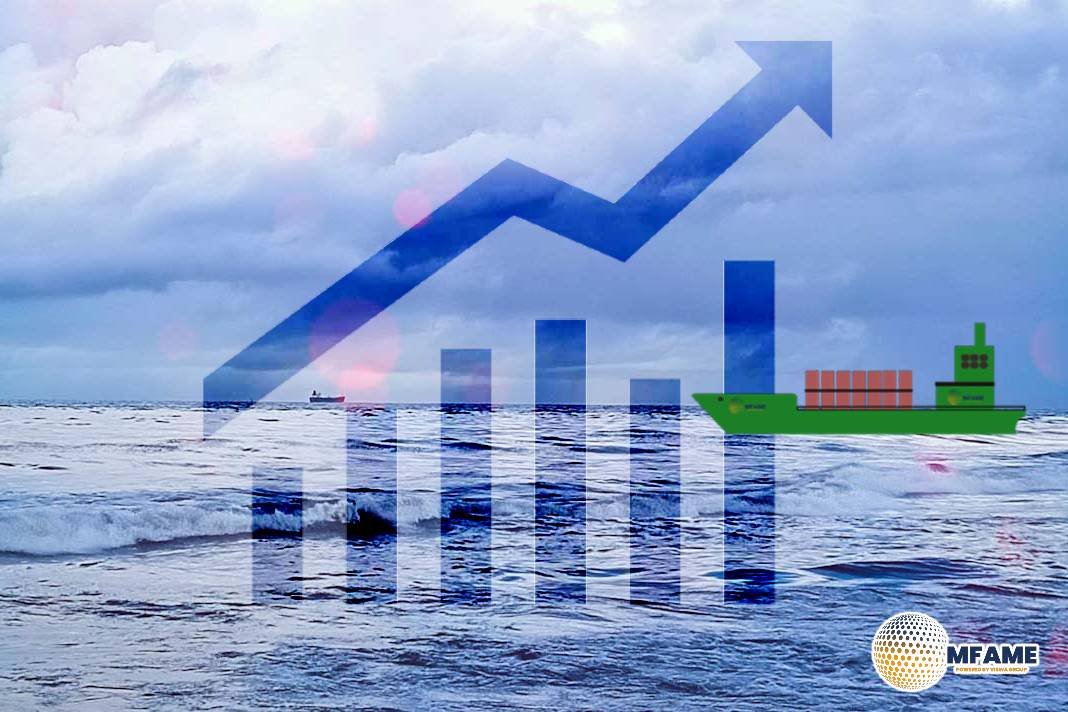The arbitrage for LNG cargoes moving from the Atlantic basin to the Far East has opened up as market participants brace for the upcoming summer season, although rising freight rates pose a risk to the arbitrage opportunity.
Easing Asian Supply
The spread between Europe and Asia’s spot LNG prices in June has remained wide, which means that more US cargoes should head to the Far East, where the netbacks from the US Gulf Coast are stronger, further easing Asian supply.
According to several industry players, the arbitrage between the US and Asia could have reached 20 cents/MMBtu in June, incentivizing traders to bring Atlantic volumes into the Asian region.
The opened East-West arbitrage is also indicated by the high number of offers reported during the physical Platts Market on Close assessment process that nominated US base load ports in June.
As of June 26, 61 out of 122 offers reported during the physical MOC in June nominated US base load ports, compared with the 20 out of 122 offers reported the previous month.
Several LNG traders noted that the East-West arbitrage was open amid stronger demand for LNG cargoes in Asia relative to Europe’s as Asia enters its peak summer season with hotter-than-usual weather being forecast in several countries.
“We see the East-West arbitrage is open on our side. Everyone is pointing cargoes to Asia as demand is much stronger here compared to Europe,” a Singapore-based trader said.
Downward Pressure
A second trader also said that the Egyptian Natural Gas Holding Co.’s buy tender for 17 cargoes over July, August and September that closed June 26 has further widened the East-West arbitrage as higher-than-expected Egyptian demand might compete with the Asian market for additional supplies.
Apart from the buy tender from EGAS, several Asian end-users affected by the warmer temperatures, specifically those from Thailand and Japan, have procured spot cargoes in the past few weeks in anticipation of hotter-than-usual summer temperatures.
Moreover, heatwaves are expected in China in July and August, market sources said.
The Asian region was also able to pull more cargoes due to Europe’s muted buying interests as storage levels remained healthy.
As of June 26, gas storage levels were standing at 75.95% capacity, according to data from the Aggregated Gas Storage Inventory.
As a result of the open arbitrage to the Far East, the JKM August prices have faced some downward pressure, despite being typically viewed as the peak summer period.
“The arrival of more US cargoes in early August is adding supply and putting downward pressure on prompter cargo prices, resulting in a contango structure between August and September shipments,” a trader said.
However, others are less optimistic about the availability of August cargoes, with one trader saying that weather is a key factor in determining the ability of the extra cargoes coming from the west to sufficiently cover Asia’s summer demand requirements.
Freight Risk to East-West Arbitrage
While arbitrage opportunities were present for players who have existing shipping capacities to pull Atlantic cargoes into Asia, some traders highlighted that the strength in freight rates could potentially shut the arbitrage window.
On the other hand, the US Gulf Coast-Northwest Europe freight route was assessed at 94 cents/MMBtu on June 26, increasing by a marginal 28 cents/MMBtu across the same period.
Due to the higher freight rates, the arbitrage window between the US and Asia on June 26 was closed, with the H2 August-JKM/H2 July-NWE spread against the USGC-to-North Asia via COGH/Northwest Europe freight rate marked at minus 25.8 cents/MMBtu, data from S&P Global Commodity Insights showed.
Other traders also noted that the strength of summer demand in both the Atlantic and Pacific basins will influence arbitrage opportunities as European players will compete for cargoes when demand for cooling surges in Europe.
The potential for the East-West arbitrage to be open further down the curve also remains uncertain, the traders said.
“The arbitrage for September shipments may open if Europe manages to maintain higher-than-average inventory levels and if winter temperatures are in the normal ranges,” another trader said.
Did you Subscribe to our daily newsletter?
It’s Free! Click here to Subscribe!
Source: SP Global

















